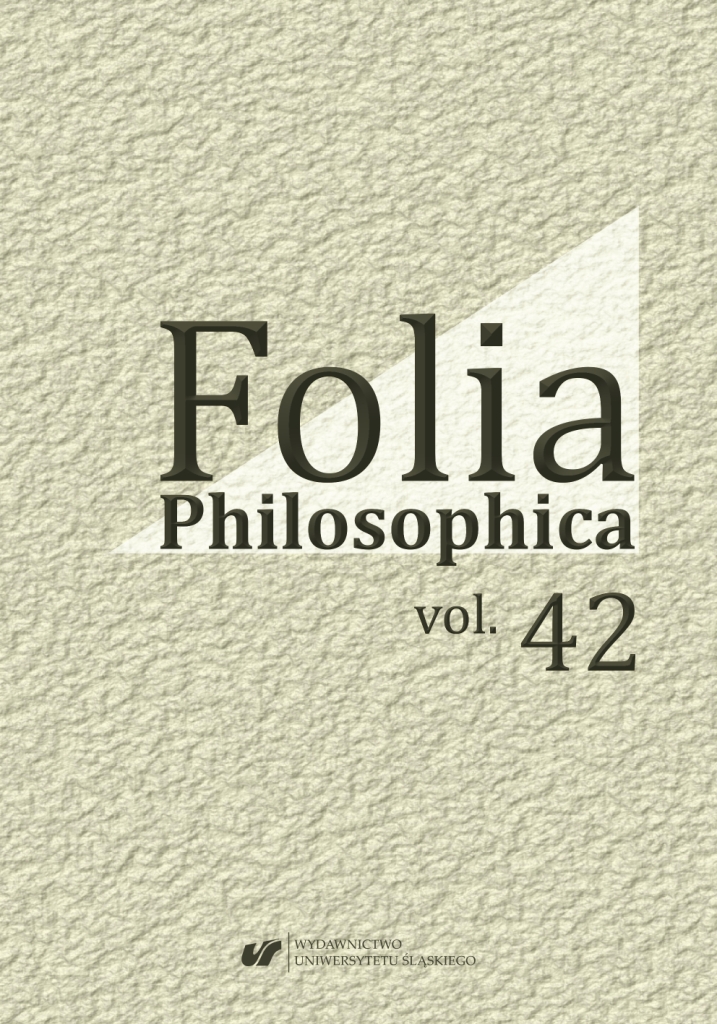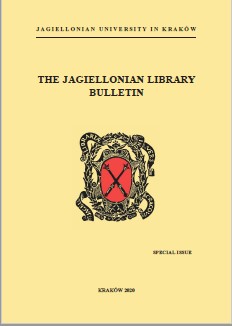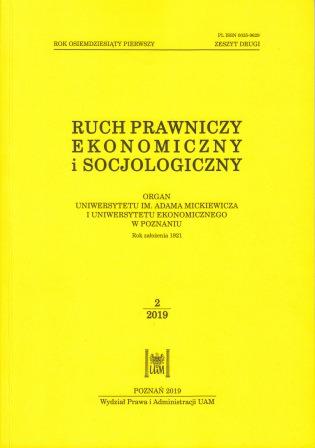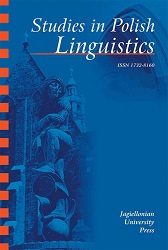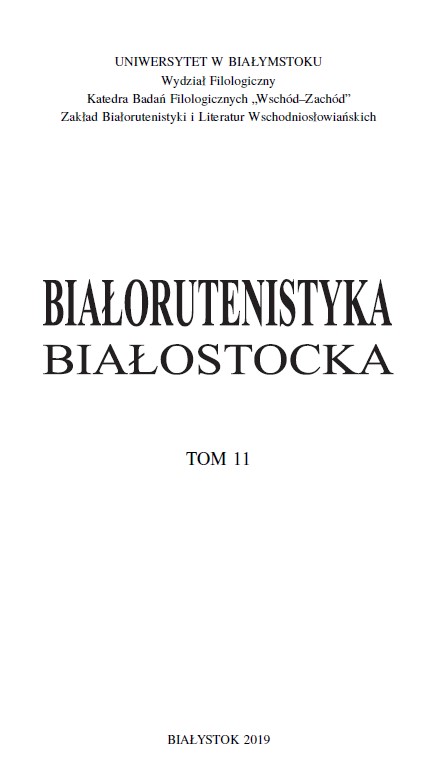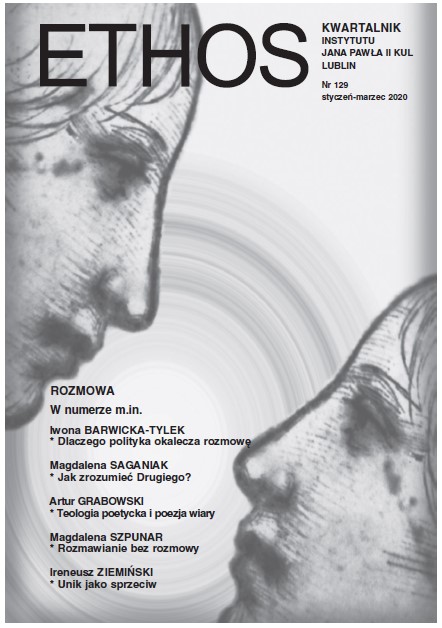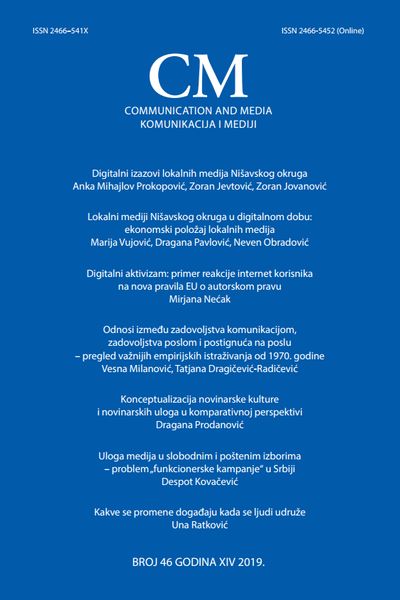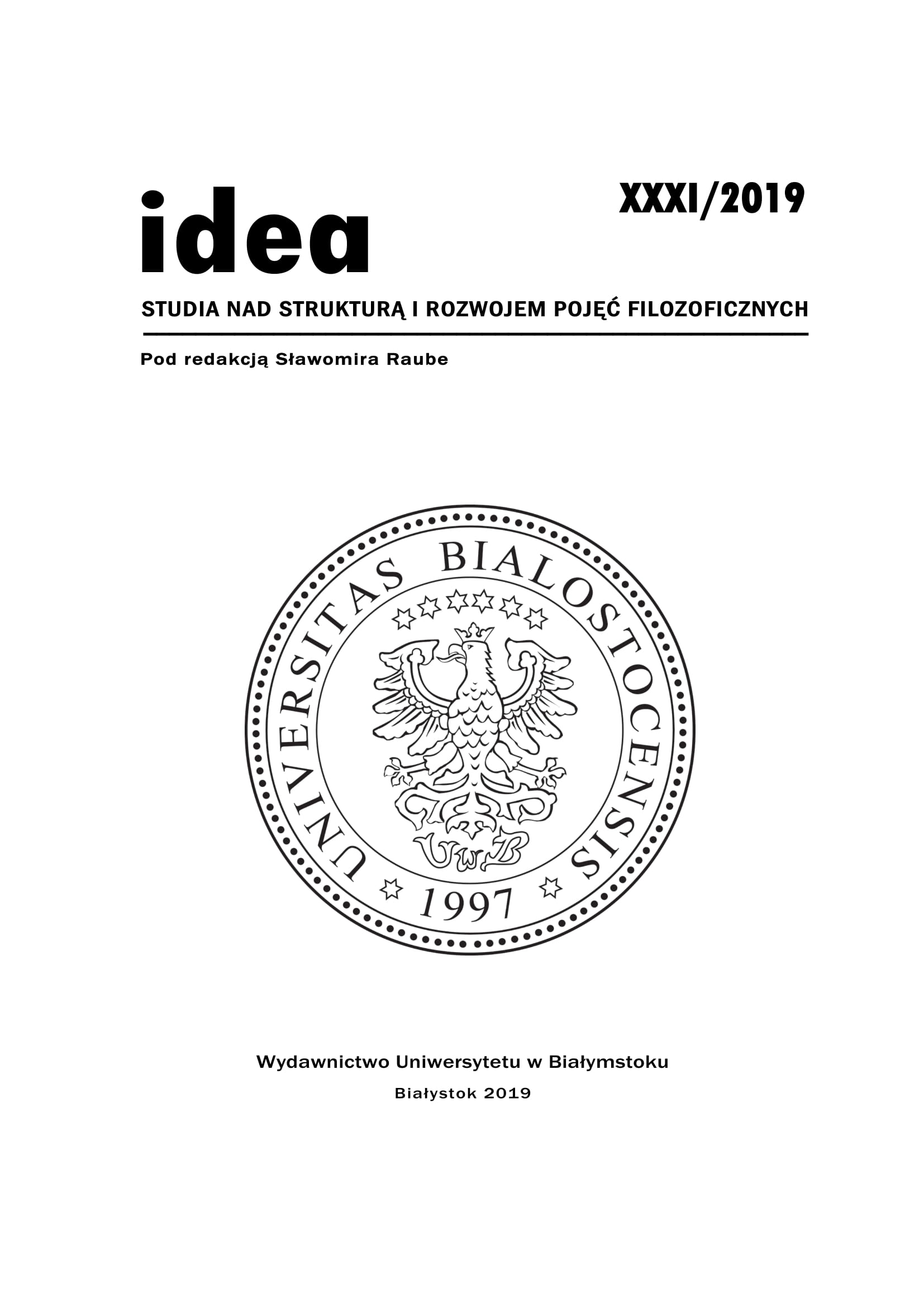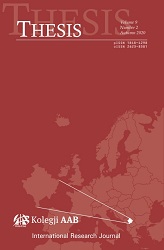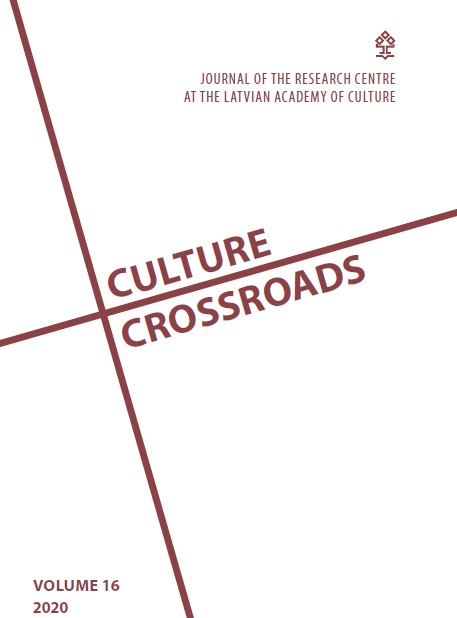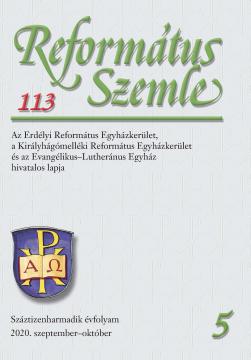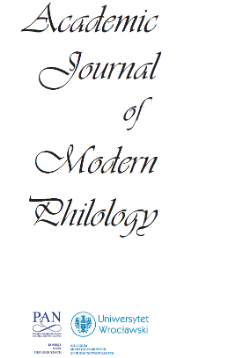Author(s): Janina Gajda-Krynicka / Language(s): English
Issue: 42/2019
In the ancient epistemology, precisely stated definition of judgment (axioma) appears only in the 3rd century B.C. It was formulated by Chrysippus of Soli, the founder of the Stoic logic. However, on the other hand, the analysis of the extant utterances in which the knowledge had been objectified since the first Greek thinkers, allows us to state that the evolution of the theory of judgment was a long process. In this development, Greek epistemology had to deal with a number of problems connected with the object of the judgment –– knowledge, with the form of its objectification –– predication, and also with the predicates of the true and false judgment –– categories of “truth” (aletheia) and “falsehood” (pseudos). The first definition of the false judgement (logos pseudes) and the true judgment (logos alethes) can be found only in the late dialogue of Plato, Sophist, which delivers precisely established terminology of the theorem. Yet, such a definition could be formulated only when Greek epistemology re-defined the scope of the meaning of the key terms-concepts, aletheia and pseudos. The term-concept aletheia was identified with the term-concept being, functioning in the ontological-axiological sphere. On the other hand, pseudos did not mean false in the sense of negating the truth, but something, which is different than truth, is its imperfect copy. Thus, the pre-Platonic philosophy has not yet formulated the terminology in which predication of something inconsistent with the actual state of being, with the truth, could be verbalized. Often to express such a form of predication, a phrase “to utter things, which are not” was used. The other problem was connected with –– characteristic ofthe Greek language –– dual function of the verb to be/einai, which included both existential and truthful function. Accordingly, every utterance, in which the predicate was the verb einai or its derivates, was ex definitione a true predication –– “it spoke beings (things, which are).” In such a situation, there was noneed in epistemology to precisely define judgment as such, and to state the conditions which the true judgment hadto meet. The problem is definitely solved by Plato in his dialogue Theaetetus, in which the philosopher defines the object of the judgment, which is knowledge (however, its object is not stated yet) and introduces the project of verification of the utterances/opinion, thanks to which an opinion ––doxa can reach the status of judgment ––logos. An opinion needs to be verified with the dialectical procedures.
More...
